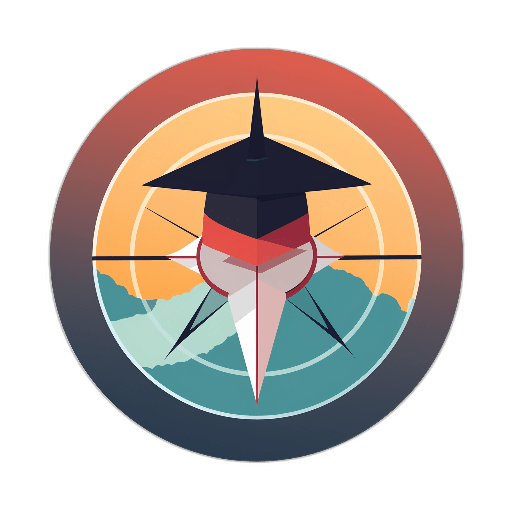What Are the Pros and Cons of Moocs for Higher Education?
Massive Open Online Courses (MOOCs) have emerged as a popular alternative to traditional higher education, offering students the flexibility to learn at their own pace and often at a fraction of the cost. However, like any educational innovation, MOOCs come with their own set of advantages and disadvantages that warrant careful consideration. In this article, we delve into the pros and cons of MOOCs for higher education.
Accessibility and Flexibility
One of the most significant advantages of MOOCs is the accessibility they provide to a wide range of learners. With MOOCs, students from around the globe can access high-quality educational content from top universities and institutions without the constraints of geographical boundaries. This accessibility is particularly beneficial for individuals who may not have the means to attend traditional brick-and-mortar institutions due to financial, physical, or other constraints. Moreover, the flexibility of MOOCs allows students to learn at their own pace, fitting their studies around work or other commitments.
Cost-Effectiveness
Another notable advantage of MOOCs is their cost-effectiveness compared to traditional higher education programs. Many MOOCs are offered for free or at a significantly lower cost than traditional university courses, making education more affordable and accessible to a broader audience. This affordability is especially appealing to individuals who are looking to upskill or reskill without incurring the high costs associated with traditional degree programs.
Diverse Course Offerings
MOOC platforms host a diverse array of courses spanning various disciplines, from computer science and business to arts and humanities. This diverse range of offerings allows students to explore new subjects, gain valuable skills, and tailor their learning to their interests and career goals. Additionally, the availability of niche courses on MOOC platforms enables learners to delve into specialized topics that may not be readily available in traditional university curricula.
Interactive Learning Experience
MOOCs often leverage innovative technologies and multimedia tools to create engaging and interactive learning experiences for students. Through video lectures, quizzes, discussion forums, and peer assessments, MOOCs foster a dynamic and collaborative learning environment that encourages active participation and knowledge sharing among learners. This interactive approach to education can enhance student engagement and deepen understanding of course material.
Lack of Personalized Support
One of the primary drawbacks of MOOCs is the lack of personalized support and interaction with instructors that students typically receive in traditional classroom settings. While MOOCs offer forums and chat rooms for students to interact with peers and instructors, the absence of face-to-face contact can make it challenging for students to seek clarification, feedback, or guidance on course content. This lack of personalized support may hinder some learners’ ability to fully grasp complex concepts or stay motivated throughout the course.
Limited Credential Recognition
Despite the growing popularity of MOOCs, the recognition of certificates or credentials obtained through these courses varies among employers and academic institutions. While some employers may value the skills and knowledge gained from completing MOOCs, others may still prioritize traditional degrees or certifications from accredited institutions. As such, students considering MOOCs for career advancement should carefully assess the recognition and relevance of the credentials offered by MOOC providers in their desired field.
Potential for Distractions and Procrastination
The self-paced nature of MOOCs, while offering flexibility, can also be a double-edged sword. Without the structure and accountability of traditional classroom settings, some students may struggle to stay motivated and disciplined in their studies. The allure of distractions, such as social media, work commitments, or personal responsibilities, can hinder students’ progress and lead to procrastination. To succeed in MOOCs, learners must cultivate strong time management skills and self-discipline to stay on track with their coursework.
In conclusion, MOOCs present a host of advantages and disadvantages for higher education. From their accessibility and cost-effectiveness to their diverse course offerings and interactive learning experiences, MOOCs offer a myriad of benefits for learners seeking flexible and affordable educational opportunities. However, the lack of personalized support, limited credential recognition, and potential for distractions and procrastination pose challenges that students must navigate when considering MOOCs as a viable educational pathway. Ultimately, the decision to pursue MOOCs should be informed by a careful assessment of individual learning preferences, goals, and the specific demands of the chosen course of study. By weighing the pros and cons of MOOCs, students can make informed decisions about how best to leverage these online learning platforms to enhance their educational and professional development.







